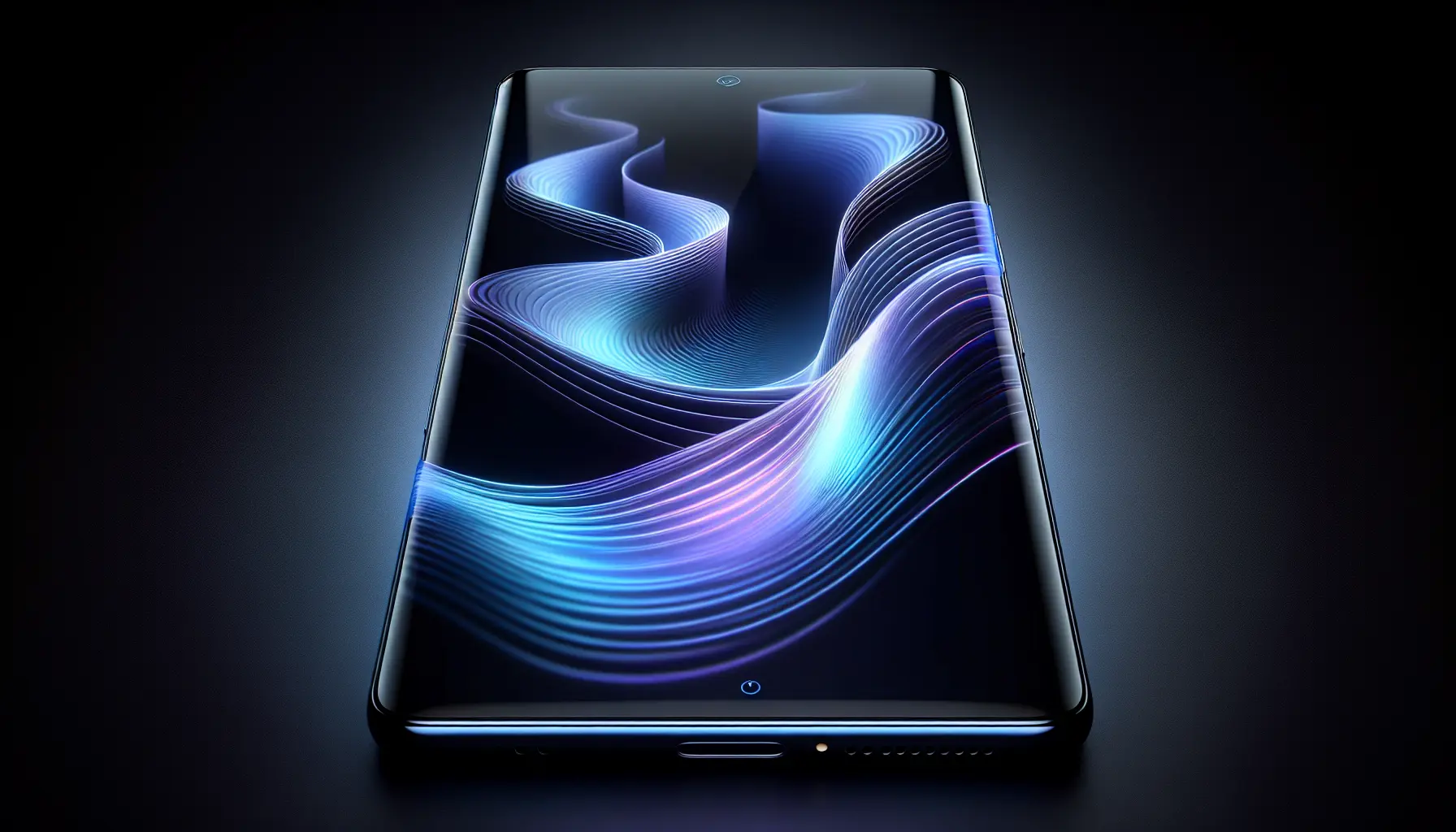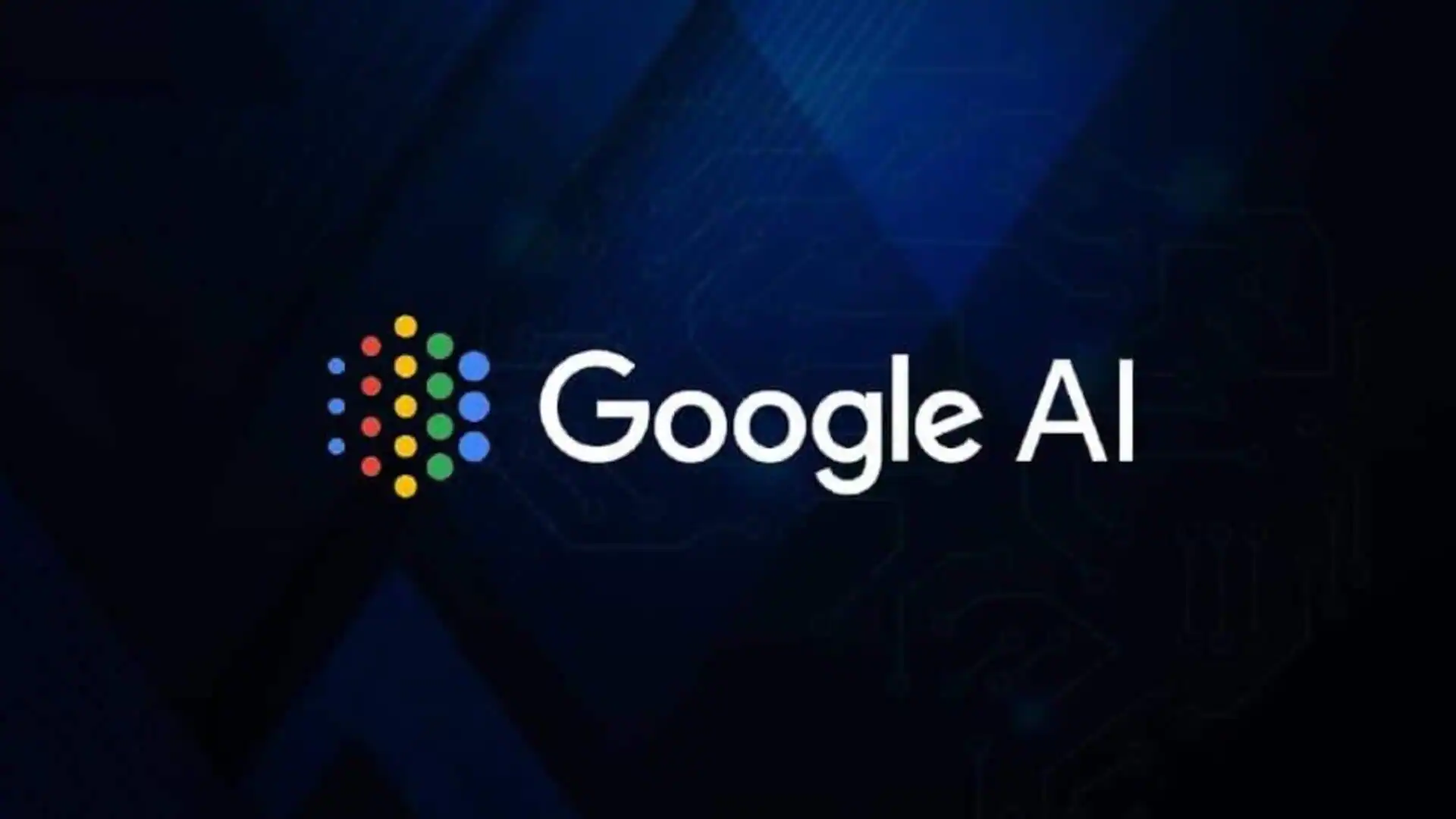The world of audio content is undergoing a quiet revolution, fueled by the rise of artificial intelligence. AI isn’t just creating music or writing scripts anymore; it’s generating entire podcasts, complete with realistic voices, engaging conversations, and surprisingly insightful commentary. This raises intriguing questions about the future of podcasting, the nature of creativity, and even what it means to be human.
This phenomenon burst onto my radar a few months ago when I stumbled upon Google’s NotebookLM. Initially designed to summarize factual topics, it surprised everyone by demonstrating an uncanny ability to generate podcast-style conversations from written content. I was hooked. I fed it an article from my own blog about sustainable living, and within minutes, I had an eight-minute audio file featuring two AI ‘hosts’ discussing my ideas with remarkable fluency and even adding their own perspectives. The voices were eerily lifelike, complete with subtle inflections and natural pauses. It was both fascinating and a little unsettling.
The Rise of the AI Podcast Host
Several platforms are now emerging that specialize in AI-powered podcast creation. Wondercraft, for example, offers a suite of tools that automate script writing, voice generation, and even sound effects. Podcast.ai takes a different approach, generating entire episodes on a variety of topics with AI hosts who have distinct personalities and speaking styles. These platforms are democratizing podcast creation, making it possible for anyone with an idea to produce professional-sounding audio content without needing expensive equipment or technical expertise.
But the implications go far beyond accessibility. AI-generated podcasts are pushing the boundaries of what’s possible in audio storytelling. Imagine historical figures brought back to life in conversation, or complex scientific concepts explained in engaging dialogues. AI could even personalize podcasts based on listener preferences, creating a truly unique and immersive experience.
The Uncanny Valley of Voice
While the potential is exciting, there are also challenges and concerns. One is the “uncanny valley” effect, where something that is almost but not quite human can feel unsettling or even creepy. AI-generated voices are becoming increasingly realistic, but they can still sometimes sound slightly artificial or robotic, which can be off-putting to listeners.
Another concern is the potential for misuse. AI-generated voices could be used to create deepfakes or spread misinformation, making it even more difficult to distinguish between real and fabricated content. Ethical guidelines and safeguards will be crucial to ensure that this technology is used responsibly.
The Human Element
Despite these challenges, I believe AI-generated podcasts have a bright future. They offer a powerful new tool for communication, education, and entertainment. However, it’s important to remember that AI is a tool, not a replacement for human creativity. The most compelling podcasts will always be those that combine the power of AI with the unique perspectives, emotions, and experiences that only humans can bring.
In my own experimentation with AI-generated podcasts, I’ve found that the most successful results come from a collaborative approach. I use AI to generate initial drafts and explore different ideas, but I always add my own voice and editing to ensure the final product reflects my personal style and vision.
The future of podcasting is likely to be a hybrid one, where human creativity and AI technology work together to create even more engaging and immersive audio experiences. And who knows, maybe one day we’ll all have our own personalized AI podcast companions, ready to discuss our thoughts and ideas whenever we like.





